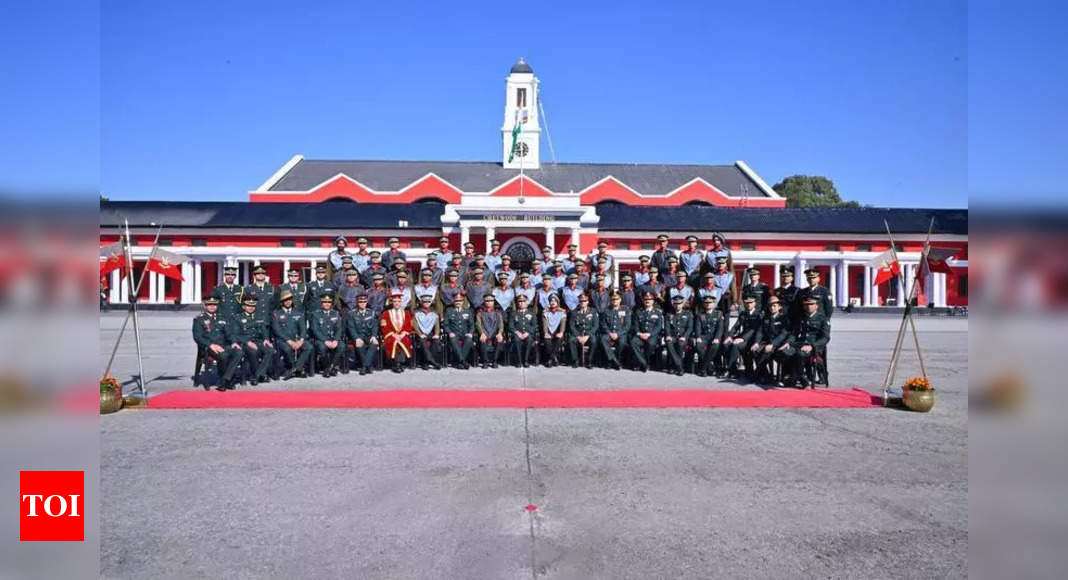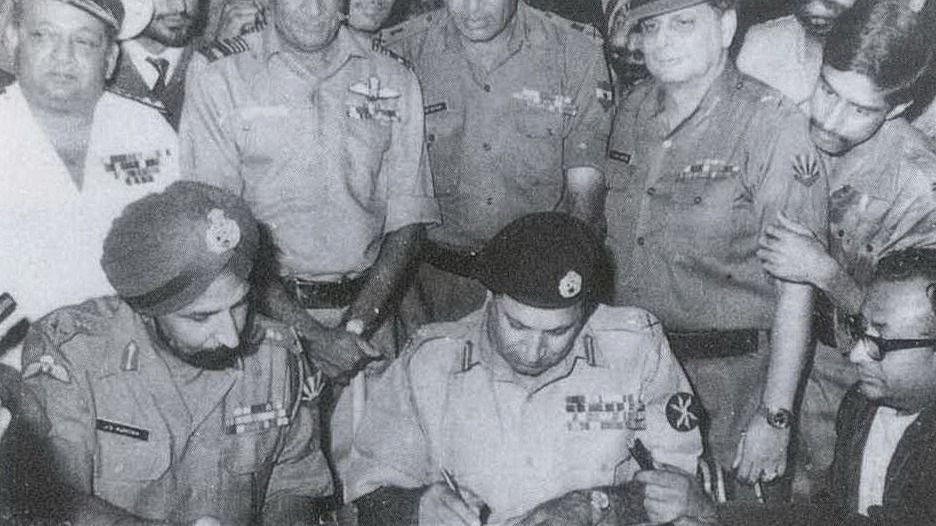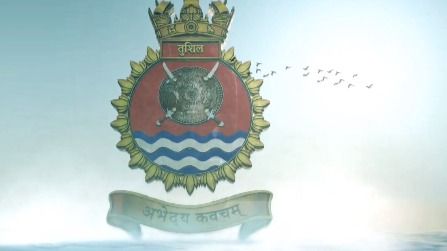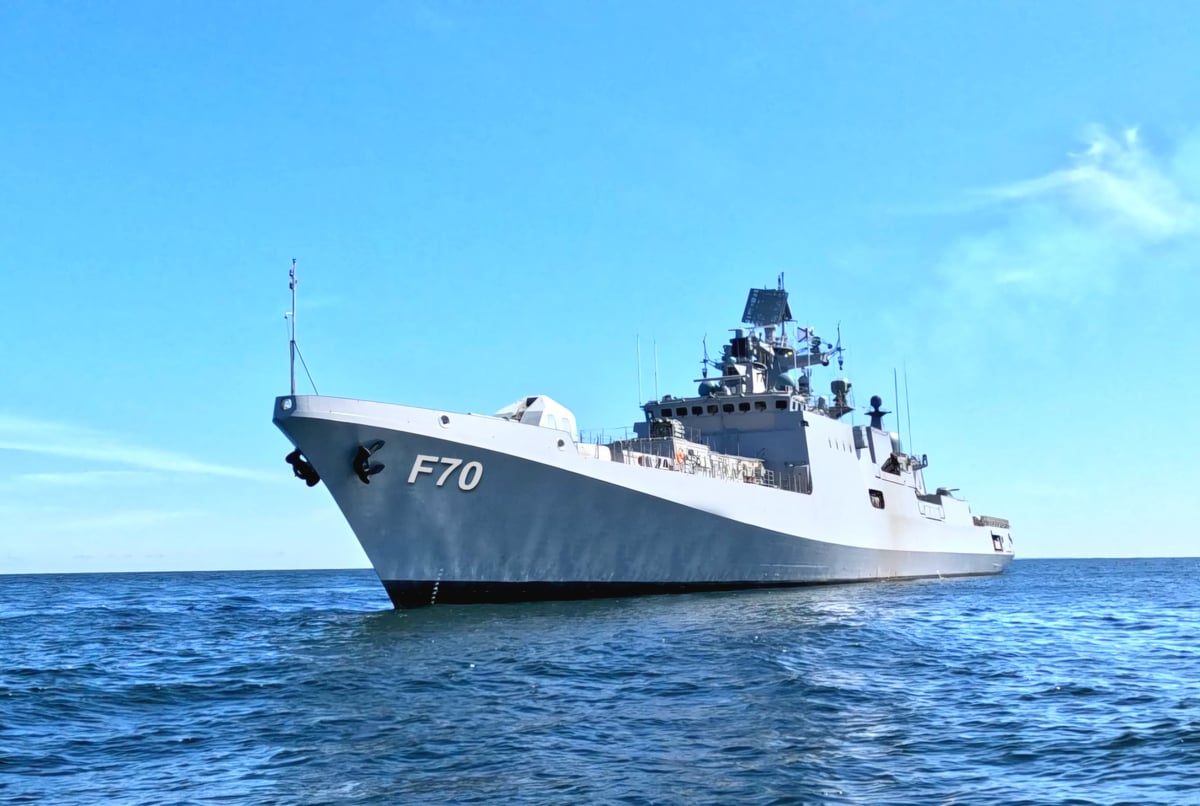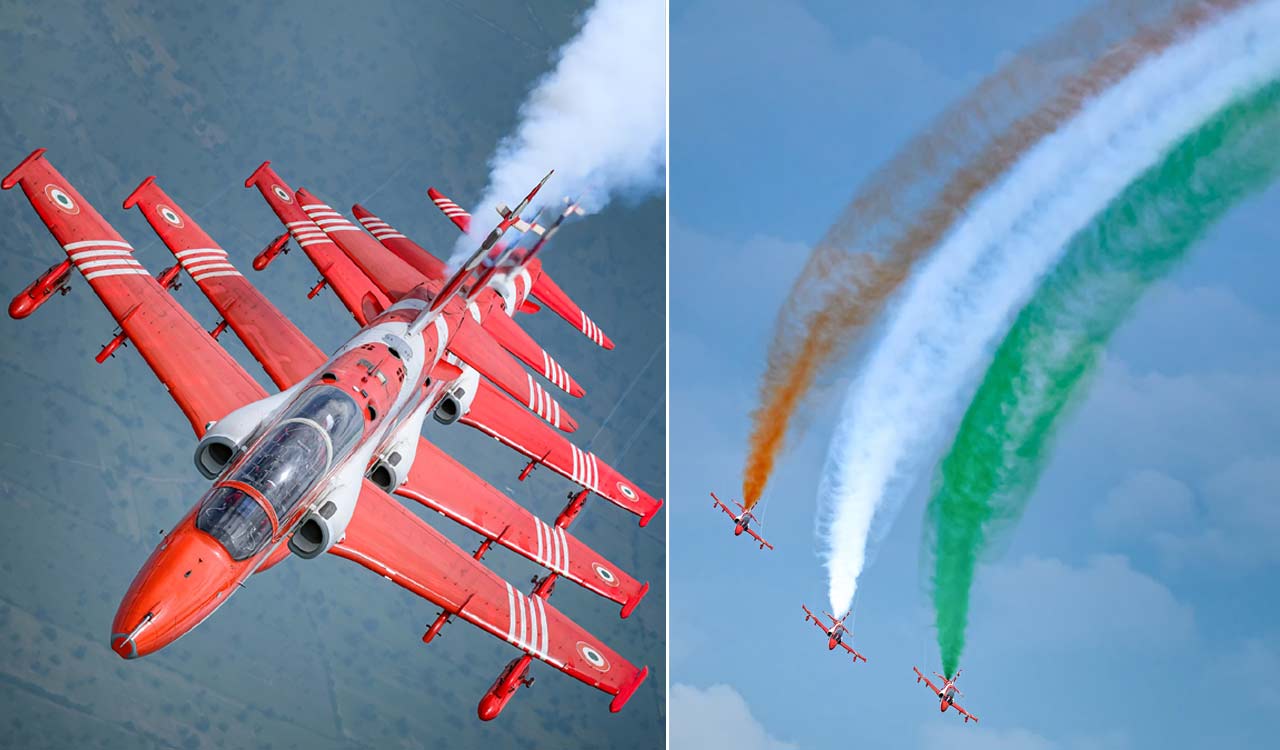44 Cadets Graduate from Army Cadet College in Dehradun, Award Ceremony Highlights Achievements
Dehradun witnessed a momentous occasion as 44 cadets from the Army Cadet College (ACC) of the Indian Military Academy (IMA)…
Indian Army to Commemorate Vijay Diwas on December 16, Honoring 1971 War Heroes
New Delhi: The Eastern Army Command is set to commemorate Vijay Diwas on December 16 with a series of events…
Slovakia Receives U.S. Helicopter Offers Amid Defense Considerations
WARSAW, Poland — As Slovakia evaluates its defense capabilities, the country is now facing an important decision regarding the procurement…
INS Tushil: Indian Navy’s Latest Stealth Frigate to be Commissioned in Russia
In a landmark event for India's maritime defense capabilities, the Indian Navy is set to commission its latest multi-role stealth…
Indian Navy to Commission Advanced Stealth Frigate INS Tushil in December
The Indian Navy is set to enhance its combat capabilities with the upcoming commissioning of its latest multi-role stealth guided…
Countdown Begins for Indian Air Force’s Suryakiran Aerobatic Show Over Hussain Sagar Lake
Hyderabad is poised to be captivated by an extraordinary aerial display as the Indian Air Force (IAF) prepares to host…

